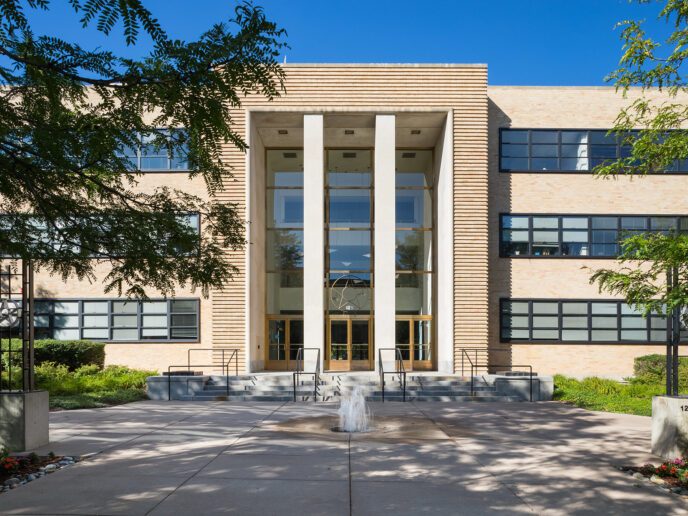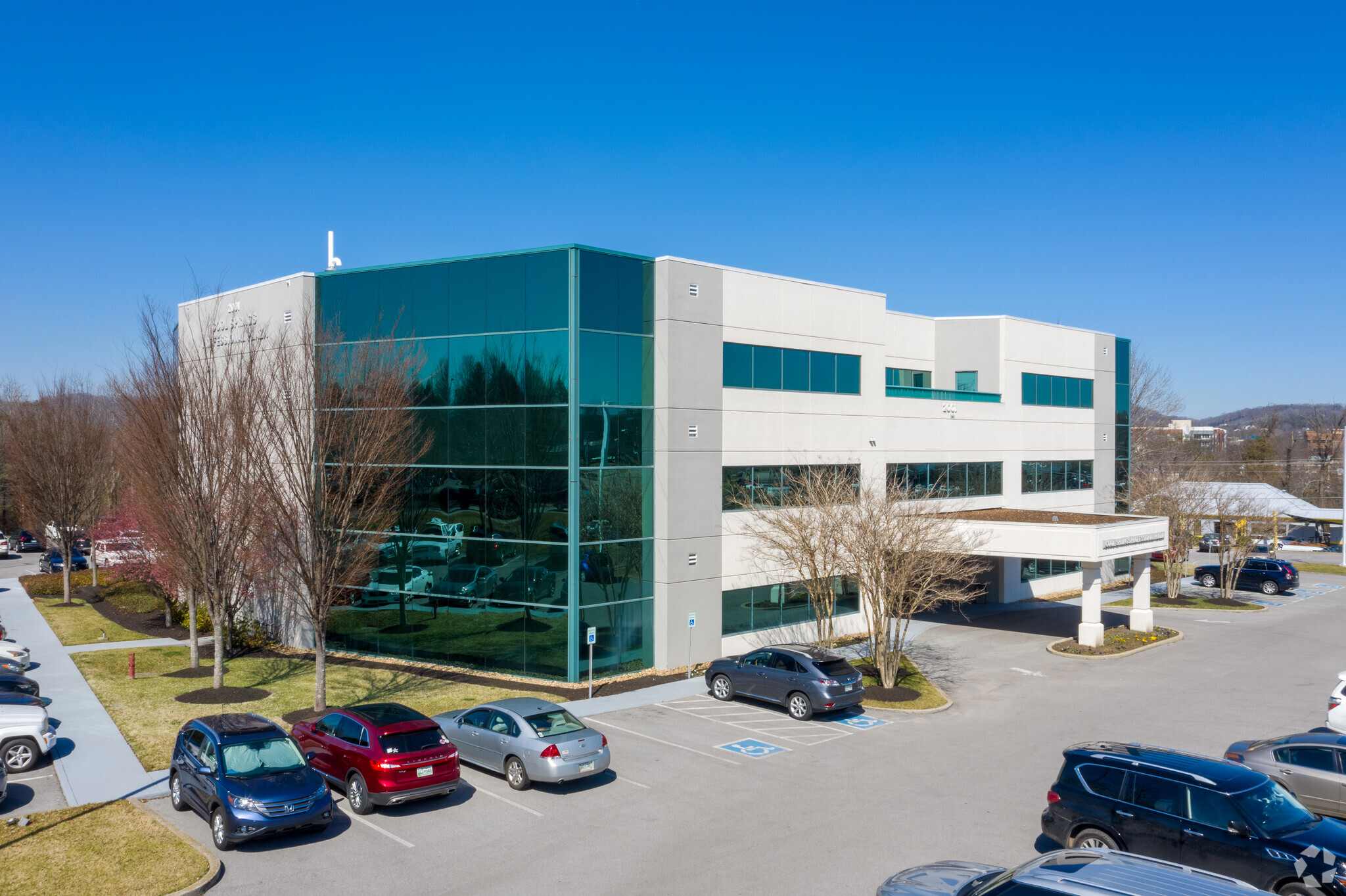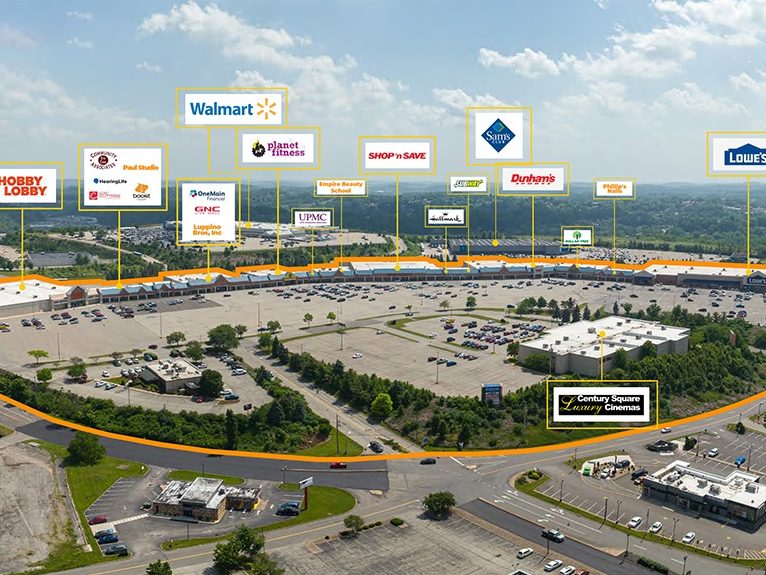The New Age of Enlightenment and Socially Responsible Investing
Avison Young's Jonathan Hipp stresses the business imperative of sustainable ventures.
There is an investment criterion and opportunity growing within the commercial real estate space. After decades of wearing the scarlet letter of polluter, industry stakeholders have begun to act on their responsibility to not just preserve the environment, but also enhance and restore it. In a very real sense, CRE is entering what we might call “A New Age of Enlightenment.”
As just a few examples, we can cite Empire State Realty Trust’s plan to install bee farms on four of its Manhattan properties, including the iconic Empire State Building, or Kilroy Properties’ growing confidence in solar.
The latest entrant into the sustainability/net zero charge is Realty Income, which has formed a $1 billion partnership with vertical farm supplier Plenty Unlimited. According to a corporate statement, the agreement calls for Realty Income to acquire and provide development funding for properties that will house Plenty’s indoor farms.
Needless to say, environmental enlightenment is a noble cause in its own right. But there is also a business imperative. The federal government has enacted carbon-neutral legislation that drives the industry to take action, while the ratings agencies increasingly demand proof of environmental, social and governance protocols as a measure of “investability.”
But the business imperative goes far beyond such external pressures. “Our entry into agriculture technology provides another potential growth opportunity for our company,” said Realty Income president and CEO Sumit Roy in a statement. “Over time, we aspire to expand our collaboration with Plenty internationally in markets of mutual interest.”
By the way, vertical farming, as it’s generically called, has been a growing enterprise for years now, with a reported $4.22 billion market size in 2021 and boasting a projected compound annual growth rate of 24.9 percent through 2030. It fits within the larger decarbonization initiative, with its own projected $30.8-billion market share (by 2028) on a CAGR of 12.7 percent.
Multiple Benefits
By embracing more socially responsible investments, forward-thinking investors stand to gain in a number of ways through such investments.
First, there is the benefit of a new form of adaptive reuse of outmoded office assets, essentially turning multi-tenant properties into single-tenant applications. Such investments in sustainability simultaneously solve the capital markets issue of vacant properties cluttering one’s portfolio while creating a new income generator.
And we would be remiss if we didn’t mention that the creation of this new asset class would be particularly attractive to net lease investors. In fact, it should be noted that the Realty Income/Plenty agreement calls for long-term net lease agreements.
Finally, given the growing call for ESG protocols by virtually all stakeholders–from the federal government and the rating agencies to the individual tenants–sustainable investments can enhance the marketing value of ownership.
Commercial real estate is entering a new age of enlightenment. By realizing our responsibility to the environment, we can satisfy a new degree of responsibility to our stakeholders.








You must be logged in to post a comment.